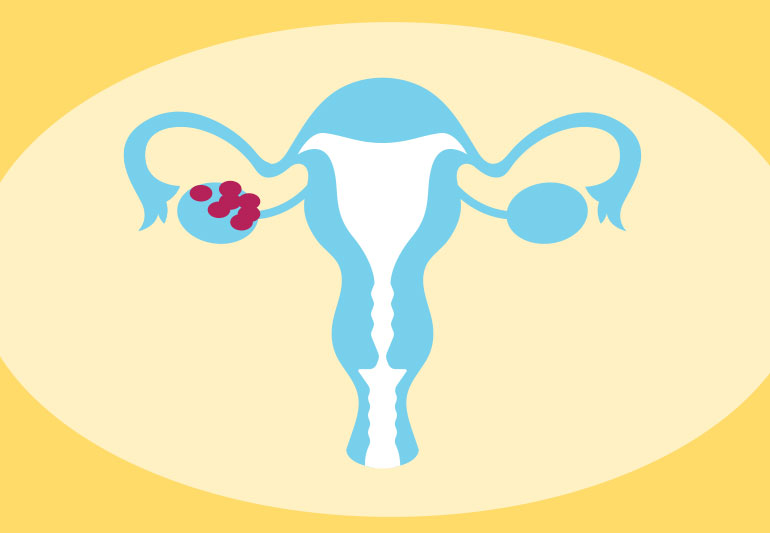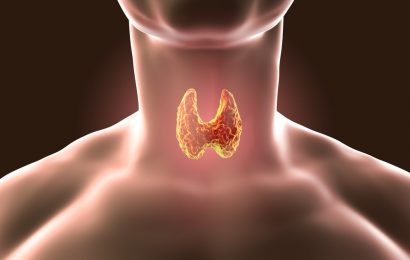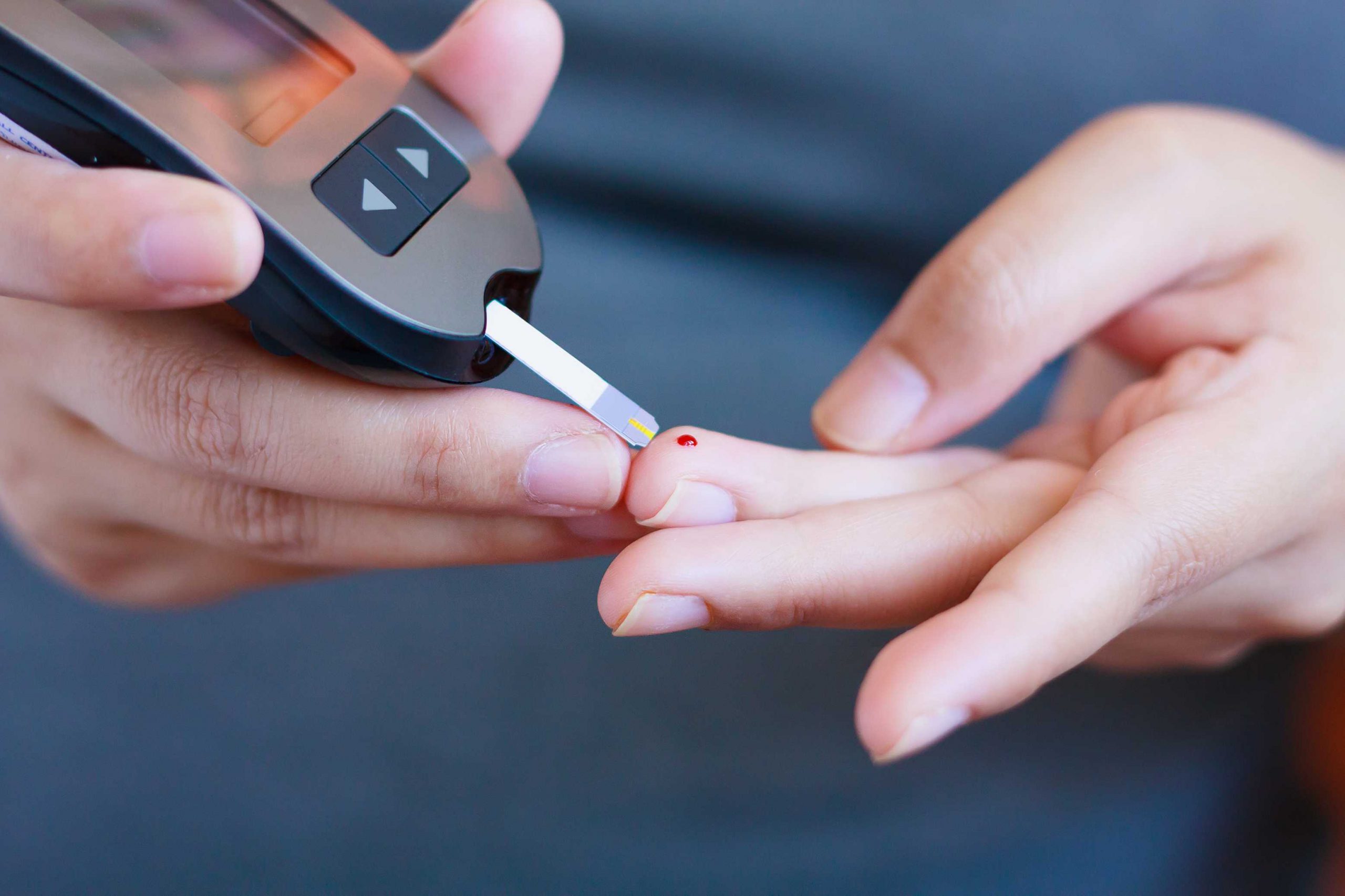Vitamins are essential nutrients that contribute to a healthy life. Although most people get all the vitamins they need from the foods they eat, millions of people worldwide take supplemental vitamins as part of their health regimen.
Why Buy Vitamins?
There are many good reasons to consider taking vitamin supplements, such as over-the-counter multivitamins. According to the American Academy of Family Physicians (AAFP), a doctor may recommend that you take them:
- for certain health problems
- if you eat a vegetarian or vegan diet
- if you are pregnant or breastfeeding
Vitamin Facts
Your body uses vitamins for a variety of biological processes, including growth, digestion, and nerve function. There are 13 vitamins that the body absolutely needs: vitamins A, C, D, E, K, and the B vitamins (thiamine, riboflavin, niacin, pantothenic acid, biotin, vitamin B-6, vitamin B-12 and folate). AAFP cites two categories of vitamins.
- Water-soluble vitaminsare easily absorbed by the body, which doesn’t store large amounts. The kidneys remove those vitamins that are not needed.
- Fat-soluble vitaminsare absorbed into the body with the use of bile acids, which are fluids used to absorb fat. The body stores these for use as needed.
Develop a Vitamin Strategy
It is important for consumers to have an overall strategy for how they will achieve adequate vitamin intakes. The 2005 Dietary Guidelines for Americans advises that nutrient needs be met primarily through consuming foods, with supplementation suggested for certain sensitive populations.
These guidelines, published by the Department of Health and Human Services and the U.S. Department of Agriculture (USDA), provide science-based advice to promote health and to reduce risk for chronic diseases through diet and physical activity. They form the basis for federal food, nutrition education, and information programs.
Barbara Schneeman, Ph.D., Director of FDA’s Office of Nutritional Products, Labeling, and Dietary Supplements, says, “The Guidelines emphasize that supplements may be useful when they fill a specific identified nutrient gap that cannot or is not otherwise being met by the individual’s intake of food.” She adds, “An important point made in the guidelines is that nutrient supplements are not a substitute for a healthful diet.”
Special Nutrient Needs
According to the Dietary Guidelines for Americans, many people consume more calories than they need without taking in recommended amounts of a number of nutrients. The Guidelines warn that there are numerous nutrients—including vitamins—for which low dietary intake may be a cause of concern. These nutrients are:
- calcium, potassium, fiber, magnesium, and vitamins A (as carotenoids), C, and E (for adults)
- calcium, potassium, fiber, magnesium, and vitamin E (for children and adolescents)
- vitamin B-12, iron, folic acid, and vitamins E and D (for specific population groups).
Regarding the use of vitamin supplements, the Dietary guidelines include the following:
- Consume a variety of nutrient-dense foods and beverageswithin and among the basic food groups. At the same time, choose foods that limit the intake of saturated and trans fats, cholesterol, added sugars, salt, and alcohol.
- Meet recommended nutrient intakes within energy needsby adopting a balanced eating pattern, such as one of those recommended in the USDA Food Guide or the National Institute of Health’s Dietary Approaches to Stop Hypertension (DASH) eating plan.
- If you’re over age 50,consume vitamin B-12 in its crystalline form, which is found in fortified foods or supplements.
- If you’re a woman of childbearing age who may become pregnant,eat foods high in heme-iron and/or consume iron-rich plant foods or iron-fortified foods with an iron-absorption enhancer, such as foods high in vitamin C.
- If you’re a woman of childbearing age who may become pregnant or is in the first trimester of pregnancy,consume adequate synthetic folic acid daily (from fortified foods or supplements) in addition to food forms of folate from a varied diet.
- If you are an older adult, have dark skin, or are exposed to insufficient ultraviolet band radiation (such as sunlight),consume extra vitamin D from vitamin D-fortified foods and/or supplements.
How Vitamins are Regulated
Vitamin products are regulated by FDA as “Dietary Supplements.” The law defines dietary supplements, in part, as products taken by mouth that contain a “dietary ingredient” intended to supplement the diet.
Listed in the “dietary ingredient” category are not only vitamins, but minerals, botanicals products, amino acids, and substances such as enzymes, microbial probiotics, and metabolites. Dietary supplements can also be extracts or concentrates, and may be found in many forms. The Dietary Supplement Health and Education Act of 1994 requires that all such products be labeled as dietary supplements.
In June 2007, FDA established dietary supplement “current Good Manufacturing Practice” (cGMP) regulations requiring that manufacturers evaluate their products through testing identity, purity, strength, and composition.
Risks of Overdoing It
As is the case with all dietary supplements, the decision to use supplemental vitamins should not be taken lightly, says Vasilios Frankos, Ph.D., Director of FDA’s Division of Dietary Supplement Programs.
“Vitamins are not dangerous unless you get too much of them,” he says. “More is not necessarily better with supplements, especially if you take fat-soluble vitamins.” For some vitamins and minerals, the National Academy of Sciences has established upper limits of intake (ULs) that it recommends not be exceeded during any given day.
Also, the AAFP lists the following side effects that are sometimes associated with taking too much of a vitamin.
Fat-soluble Vitamins
- A (retinol, retinal, retinoic acid):Nausea, vomiting, headache, dizziness, blurred vision, clumsiness, birth defects, liver problems, possible risk of osteoporosis. You may be at greater risk of these effects if you drink high amounts of alcohol or you have liver problems, high cholesterol levels or don’t get enough protein.
- D (calciferol):Nausea, vomiting, poor appetite, constipation, weakness, weight loss, confusion, heart rhythm problems, deposits of calcium and phosphate in soft tissues.
If you take blood thinners, talk to your doctor before taking vitamin E or vitamin K pills.
Water-soluble Vitamins
- B-3 (niacin):flushing, redness of the skin, upset stomach.
- B-6 (pyridoxine, pyridoxal, and pyridoxamine):Nerve damage to the limbs, which may cause numbness, trouble walking, and pain.
- C (ascorbic acid):Upset stomach, kidney stones, increased iron absorption.
- Folic Acid (folate):High levels may, especially in older adults, hide signs of B-12 deficiency, a condition that can cause nerve damage.
Taking too much of a vitamin can also cause problems with some medical tests or interfere with how some drugs work.























